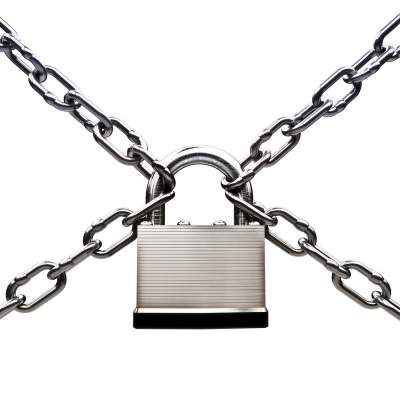|
Updated 12/16/2020
December 14, 2020 updateChief Justice Cheri Beasley issued an order extending Emergency Directives 2–5, 8–15, 18, and 20–22 in response to the public health threat posed by the COVID-19 outbreak. North Carolina Courts will postpone non-essential, in-person court proceedings for 30 days, beginning Monday, December 14. May 21, 2020 updateChief Beasley issued a new Order dated May 21, 2020. Some of the main points are as follows:
0 Comments
Updated 2/11/2022
What age can a child decide which parent to live with in NC? There is no magic age number when a child can decide who to live with under North Carolina law. When a child turns age 18 and becomes an adult they can choose to live wherever they want, but before then a judge can dictate where that child must live.
Updated 4/13/2022
After reflection, NCGS 50-13.01 appears to be the first baby step in NC to join many other states looking to create a hard presumption of equal or joint custody when both parents are capable of sharing that responsibility. Whether 50/50 custody is a realistic possibility in your case mainly depends on what county you live in and what Judge is assigned to your case. To some counties and Judges they approach any custody dispute with a predefined idea of what “best interest” means. Some judges simply favor joint custody and others do not consider 50/50 custody a viable option. No matter if you are a mother or father the prospect of a judge given essentially unchecked power to decide your rights regarding your child is a frightening idea. What does it mean to have 50 50 custody? Equal custody means different things to different people. The two types of custody are physical and legal custody. The difference between physical and legal custody in NC is that legal custody goes to who can make decisions affecting the health and welfare of the child whereas physical custody goes to where the child lives and sleeps at night. A true 50-50 custody generally means the parents share joint legal and joint physical custody meaning no major decision can be made except by agreement and the minor child spends an equal amount of time or overnights with each parent.
The impact of this change in the tax code regarding spousal support is national (not just North Carolina) and will effectively make divorce more expensive for many who rely on spousal support to maintain their standard of living. As the tax change of alimony applies to Court orders and separation agreements signed after December 31, 2018 those in the middle of divorce right now have just under a year to finalize any deal under the old/current law.
Even though a creditor such as Bank of America or Wells Fargo may only be able to sue the cardholder a North Carolina family court judge can order the other spouse to make payments or account for that debt in the dividing the marital estate via property division otherwise known as equitable distribution. Equitable does not always mean equal, but judges usually try and divide marital assets 50/50 to the extent possible absent a compelling reason for an unequal distribution.
|





